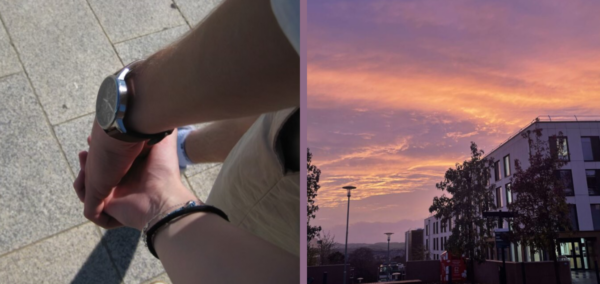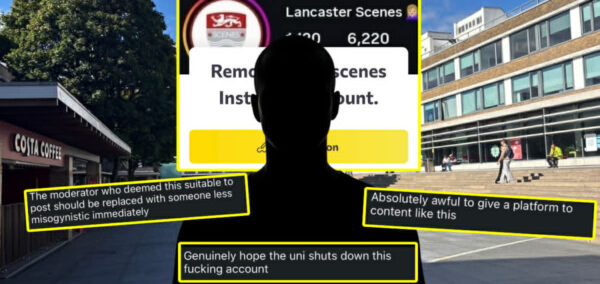
Cambridge students organise protest against Trinity College’s ties to Israel
The action comes after Trinity was issued a legal notice asking it to divest from its investments in arms companies
Students at Trinity College, Cambridge have organised a protest for the college’s divestment from companies profiting in Israel’s military operation.
The protest, scheduled to start at 11am on Saturday 16th March, will begin outside Great St. Mary’s Church, from where a march and speeches will commence.
The action comes following a revelation by Middle East Eye that Trinity, Cambridge’s wealthiest college, has invested millions of dollars in companies arming and profiting from the conflict in Israel and Gaza. This includes a £2.5 million investment in Caterpillar, which produces components for tanks and heavy machinery and has been condemned for its sale of bulldozers to the Israeli army.
Ahead of the protest, students have been circulating an open letter addressed to the Master of Trinity College, expressing their shock and distress after learning of the college’s investments in the arms companies.

According to the “Trinity Divest” campaign, Trinity has ignored calls from the student body and union, as well as a legal notice from The International Centre of Justice for Palestinians (ICJP), asking them to divest from their investments in the arms companies.
James, the Trinity student behind the campaign, has told The Cambridge Tab: “When Russia’s invasion of Ukraine began two years ago, Trinity did not hesitate to pull out of its investments in the region. Similarly, it has (after more pushback) divested from the fossil fuels industry. It seems incongruous that it would not divest completely from the arms industry.”
He adds, “What facilitated the protest was the college’s flat refusal to cut ties, claiming its investments are relatively small in relation to all investments in arms companies.”
Most Read
“This is surely a pathetic excuse – no matter how small, any profit from organisations which directly cause death and suffering is too much. It’s a particularly upsetting fact that members of the college are themselves being subsidised by the suffering.”

He also comments on the “angering decision” made by the college to censor a statement put out by Trinity College Students’ Union that was intended to offer support to students affected by the controversy.
Demilitarise Cambridge, an activist group dedicated to exposing “the complicity of the University of Cambridge in the global arms industry,” has voiced its concerns about Trinity’s supposed financial transparency to The Cambridge Tab: “Trinity tells us of financial ties but ties such as research ones might not come up in financial reports.
“They have a huge amount of ties in arms companies, and today, given the partnerships between Anglo-Saxon states and Israel, this undoubtedly means that a number of these companies are involved in the ongoing genocide in Gaza.”
James says the aim of the “Trinity Divest” protest is “to change the college’s mind on their investments” and, if this fails, to “at least get the word out to the wider college and university community that Trinity has made its decision, and that it is not representative of its students.”

This will not be the first time a protest against Cambridge University’s ties to Israel is held this term. Last week, a coalition of climate justice groups and Pro-Palestine organisations hosted a sit-in at the Maxwell Centre in a show of opposition to the impact of Cambridge University’s research group Laboratory for Scientific Computing’s (LSC) partnerships with arms and fossil fuel companies.
Trinity College and Caterpillar Inc have been contacted for comment.
Recommended articles by this author:
- Cambridge’s Trinity College receives legal warning for investment in arms companies
- Cambridge University invested millions in companies supporting Israel’s military operation
- Cambridge’s Trinity College admits to giving financial grants to pupils of specific schools

















